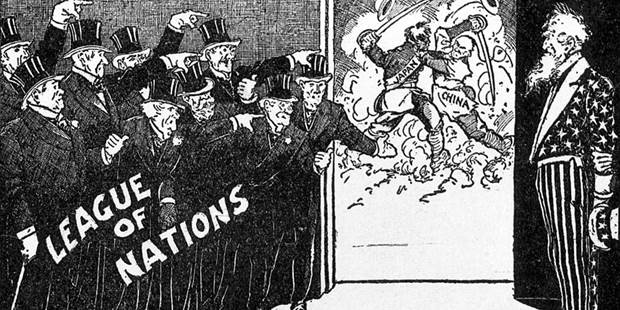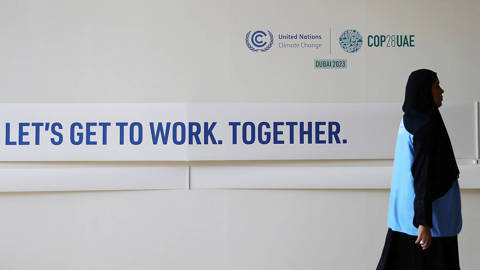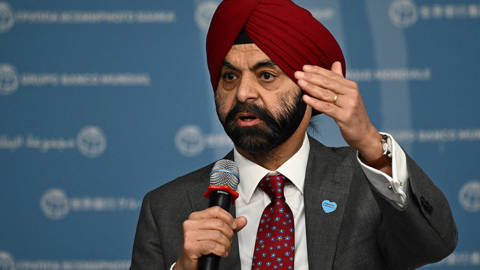William L. Silber
William L. Silber, a former professor of finance and economics at New York University’s Stern School of Business, is the author of The Power of Nothing to Lose: The Hail Mary Effect in Politics, War, and Business (William Morrow, 2021).
-
Trump and the Risk of a US Debt Default

Trump and the Risk of a US Debt Default
Apr 23, 2024 William L. Silber thinks the former president would be even more reckless if awarded another term this year.
-
The Danger of “Nothing to Lose”

The Danger of “Nothing to Lose”
Aug 26, 2021 William L. Silber warns of what can happen when a military or political adversary runs out of both options and hope.
-
America First, Fallout Later

America First, Fallout Later
Feb 22, 2019 William L. Silber sees eerie parallels between the Trump era and one of the darker episodes of the 1930s New Deal.
-
Will the Euro Dethrone the Dollar?
Will the Euro Dethrone the Dollar?
Jul 2, 2007 William L. Silber








